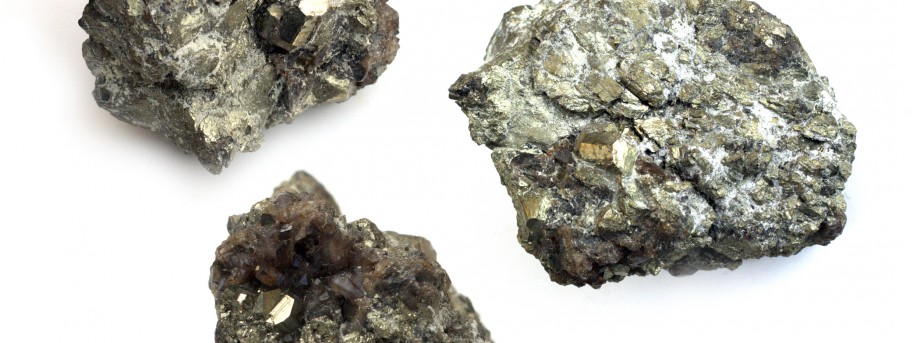The University of Nottingham
 Exchange online
Exchange online
Research Exchange
Pushing the boundaries of uranium research even further

A prestigious grant of £2m has been awarded to Steve Liddle, a Professor of Inorganic Chemistry and a Royal Society University Research Fellow to continue to develop his research at the frontier of fundamental molecular uranium chemistry.
His research, which has already attracted international attention, could lead to ultra-high data storage and quantum computing, safer nuclear fuels and reduce our reliance on crude oil.
The Consolidator Grant (CoG) from the European Research Council (ERC) is the second ERC grant awarded to Professor Liddle. It will help in the development of new compounds containing uranium-nitrogen triple bonds (nitrides) and uranium-metal bonds, assessing intrinsic reactivity patterns towards small molecules such as carbon monoxide, and delving into the magnetic properties in order to develop a better understanding of actinide chemistry from an integrated experimental and theoretical approach.
The ERC CoG scheme aims to identify and support the very best and creative mid-career independent researchers in Europe through five-year consolidated funding to pursue speculative and ground-breaking research.
Exploiting the potential of uranium
Professor Liddle has also obtained several grants related to this work from the Engineering and Physical Sciences Research Council and the Royal Society.
He said: “Uranium suffers somewhat from negative PR; however there is great potential for complexes of Uranium-238 (depleted uranium) to provide new catalysts, nuclear waste separation technologies and provide useful applications for the stocks of waste depleted uranium around the world. The project will also provide valuable knowledge about Actinide chemistry, one of the least understood sections of the periodic table.”
Where could this research take us?
Uranium nitrides — further our understanding of uranium chemical bonding and possibly provide a molecular route to uranium nitride materials which could be safer nuclear fuels.
Carbon monoxide homologation — provides us with new ways to make organic molecules from sustainable resources that could help remove our reliance on crude oil.
Single molecule magnets — bring our knowledge of actinide magnetism up to speed since very little is known and could be basis for ultra-high data storage and quantum computing.
Metal-metal bonds — molecular models for bulk metalloid phases and understanding structure-bonding-reactivity relationships.
Professor Liddle said: “This latest grant provides us with the support to invest in spectroscopic equipment and most importantly enables me to maintain the training pipeline of talented postdoc and PhD scientists. It will help us target challenging but highly rewarding scientific targets that will reveal much about the fundamental properties of the actinides.”
Professor Liddle’s work has already been highlighted in the scientific media such as Science, Naturefamily, Chemistry World, Chemical and Engineering News and Chemistry in Australia. Professor Liddle also appears frequently on the School of Chemistry’s Periodic Table of Videos.
Leave a Reply
Other

Top prize for quantum physicist
A University of Nottingham physicist has won a prestigious medal from the Institute of Physics for […]

Zero carbon HOUSE designed and built by students comes home
Design and construct a low cost, zero carbon, family starter home, transport it to Spain, build […]